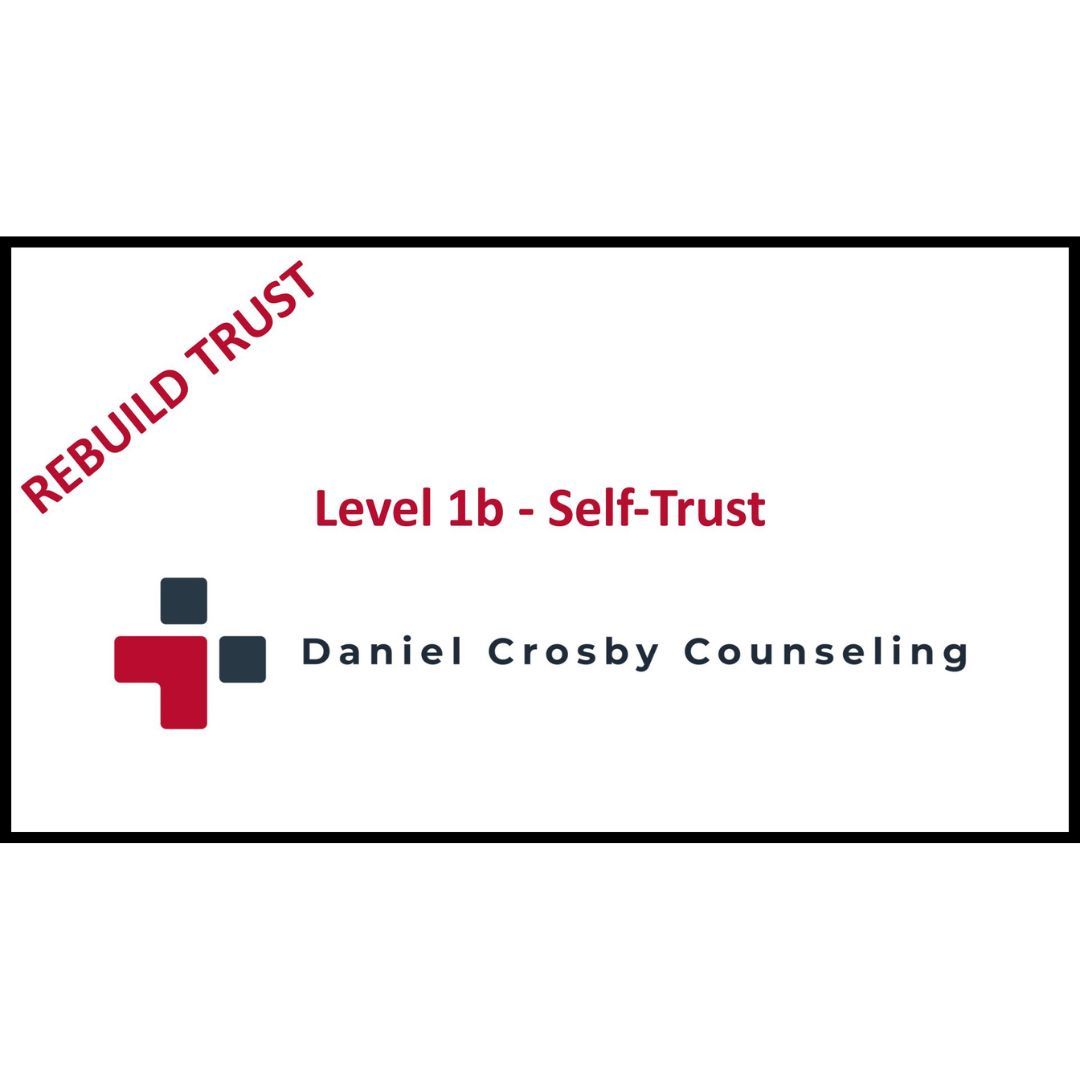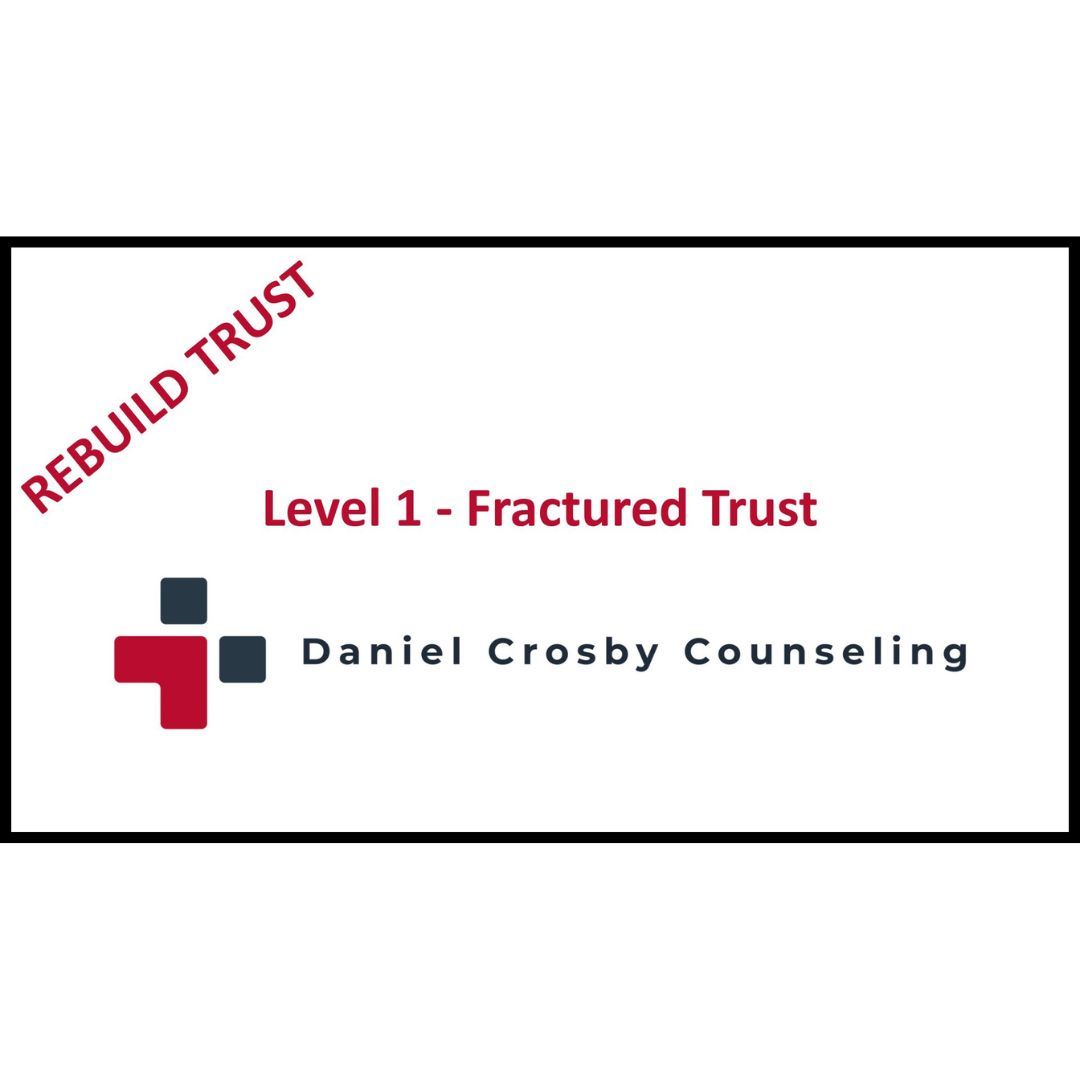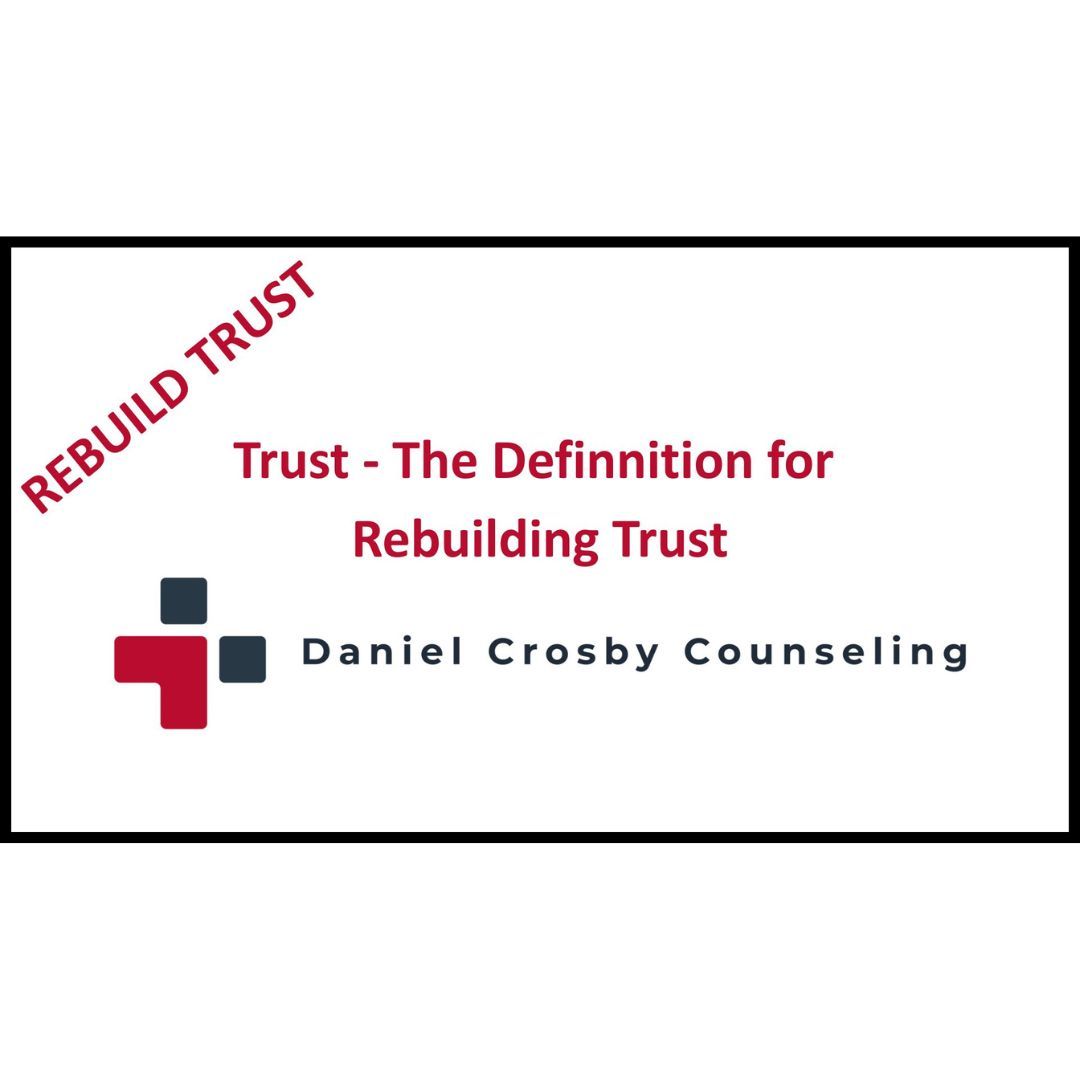Day 12
How to Coparent During/After a Divorce (90 Second Read)
Even if you know divorce was the right decision, that doesn’t mean that you, your former spouse, and especially your kids aren’t deeply saddened by all of these changes. It can be devastating.
Here are several MUSTS to remember to help your kids through the process:
1. BE UNIFIED – This sounds weird right? You got divorced because you can’t stand your former spouse. Guess what? You’re still both just as important to your kids as you were before you divorced. They need to know that they have a Mom and a Dad that have their backs, love them, and will fight FOR them.
2. BE CONSISTENT – Try to have the same rules in both homes, the same bedtimes, the same homework expectations, the same screen time limits, the same chores, etc. Try to make it as seamless for the kids as possible during this tough transition.
3. DO NOT PUT KIDS IN THE MIDDLE – Kids are not counselors. Kids are not attorneys. Kids are not best friends. Kids are not messengers. Kids are not accountants. Kids are not spouse spies. Take emotions, legalities, venting, communication, finances, and spouse spying off the kids’ backs.
4. CHECK IN REGULARLY – Just because a child hasn’t talked about the divorce or their feelings lately doesn’t mean they are no longer struggling. Sometimes kids want permission to talk about what they’re feeling and struggling with. We can give them permission by regularly asking them how they’re doing by asking specific questions.
HOMEWORK: After you’re divorced, you need to communicate MORE with your former spouse about the kids. Try to set a regular scheduled weekly phone call/email to communicate important dates, deadlines, expectations, etc. so you can both be there for your kids.
As always, if you’re stuck then don’t hesitate to reach out to me personally. I help couples reconnect every day and get back on track to having a marriage they’re excited to go home to.




